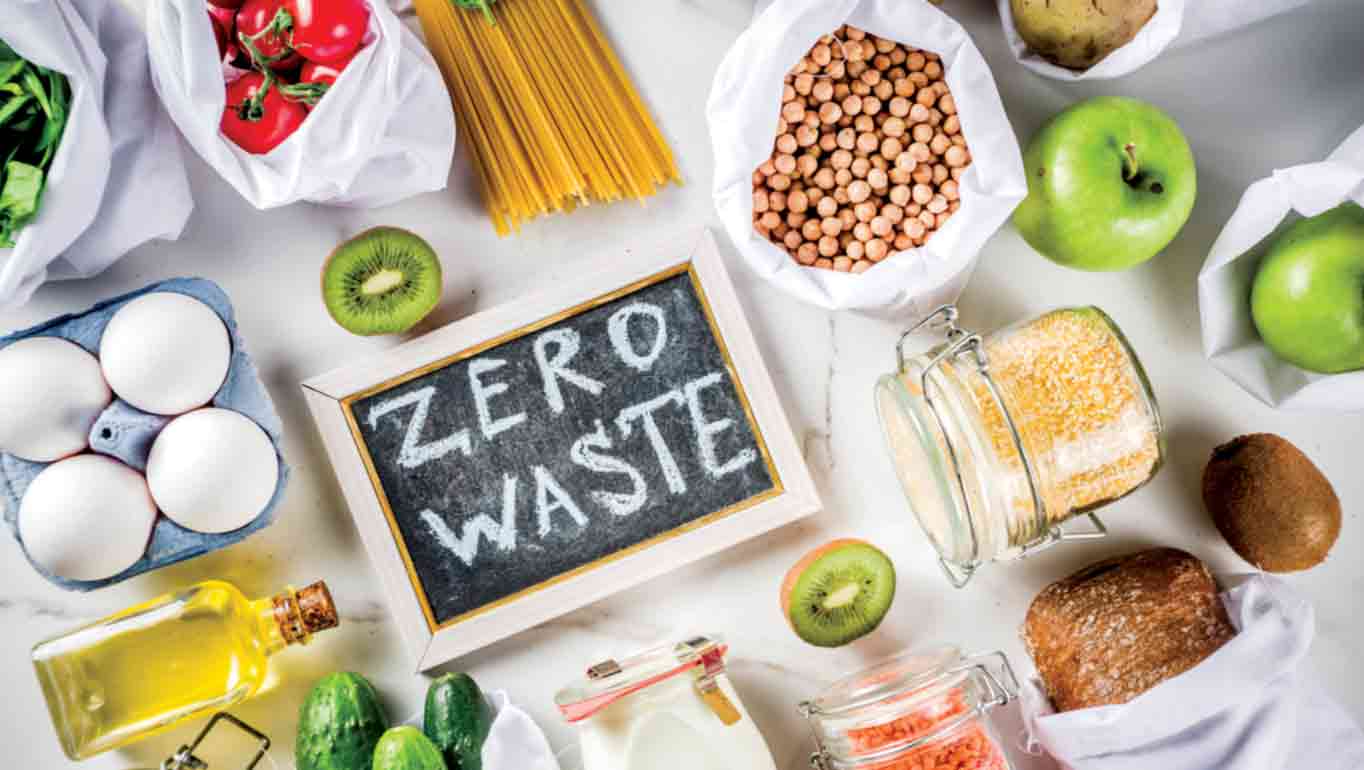Over-consumption, ravaging of natural resources, mindless materialism….and waste. Even if you don’t agree with me that our society – at least in the developed world – is characterized by the first three scourges on this list, you’ll probably concur that waste is just that: precious assets squandered for nothing.
In the face of overwhelming global assaults on biodiversity and the ecosphere, where species are extinguished daily and human activity decimates the rest of the natural world, it is so easy to feel helpless. How after all did we get from the green revolution of the 1960s into a global obesity pandemic in less than half a century, as a recent Financial Times article asked? Personally I find it hard to read yet another story about the destruction of our environment – it seems so depressing and relentless. But of course as individuals we can make a difference: just think of Greta Thunberg and what a 15-year old autistic schoolgirl achieved in global awareness of climate change.
Avoiding waste is one area where we can indeed all contribute. And food waste is a particularly egregious example of resources spent with no benefit to anyone. Food is lost and wasted at an appalling rate along the entire food and agriculture production chain, from crop cultivation down to the uneaten portions of dinner we throw into the garbage or the “insinkerator” (a perfect modern symbol of waste!) every day.
According to a mesmerizing statistic from the NGO platform The World Counts, in getting it to our plates every dinner we eat requires the use of:
• 10 kilograms of topsoil
• 1.3 litres of diesel
• 800 litres of water
• 0.3 grams of pesticides
• 3.5 kilograms of CO2-emissions.
These precious resources – or damaging inputs – are used whether the food is actually consumed or not.
Another striking statistic is that it is not the largest countries that account for the most food loss or waste per capita: sadly amongst the first eight countries on this scale, three are from sub-Saharan Africa – with Nigeria at the top of the list (Statista.com, per capita food waste). In this respect we should differentiate between food loss and food waste: the former relating to the “upstream” part of the chain, from harvest loss to the vexed issue of secure transportation and distribution to commercial food storage, the latter to the “downstream” stages from supermarkets and restaurants to our own household practices. Much of the “upstream” set of problems can be addressed by development support – for example by better transportation infrastructure so that perishable goods reach markets unspoiled – whereas the downstream directly comes down to us, consumers in the industrialized countries (and beyond).
Confronting this global challenge, at the initiative of FAO – the Food and Agriculture Organization of the United Nations – the UN General Assembly on 19 December 2019 designated 29 September as the International Day of Awareness of Food Loss and Waste (A/RES/74/209). So the first International Day was held last year and this year – the year in which the international community hopes to emerge from the shadow of Covid-19 – will mark its second observance. This is of course primarily an exercise in awareness-raising, as is the case with all International Days and Years – but advocacy is the key to action. It also aims to accelerate global efforts towards meeting SDG 12 (responsible consumption and production). FAO and UNEP – the UN Environment Programme – are collaborating in pushing for international observance of the Day: an apt partnership, as we strive to reach global food security, a vulnerability made particularly acute during the global pandemic, while protecting our planet’s eco-sphere.
When I was invited to write this article, I asked ANCORED’s data-research team to track the online discourse surrounding food loss and food waste over the past year. Their findings suggest that a large part of this conversation also discusses technology, artificial intelligence and data science. In a world where Moore’s law has proven true for the past decades, we can assume that with the help of technology we will be able increasingly to combat food loss and food waste. In this respect more support for start-ups and young entrepreneurs could accelerate the impact of innovation. For example, in Sweden a small start-up called Innoscentia is developing sensor technologies for the detection of food status and increased traceability within the supply chain – with more companies like this we can fight back against the waste our society generates. There is clearly much we can do at the individual level, from consuming smaller and more rational portions – no more Jumbo Size Special Offers destined for the garbage! – to more careful purchases and storage, composting any waste – a more frugal approach overall. Ultimately we need a different mindset: not a Puritan, killjoy philosophy, but one which celebrates the bounty and beauty of our natural world by consciously acknowledging its fragility and determining to avoid wasting the resources on which we and all future generations will depend.



